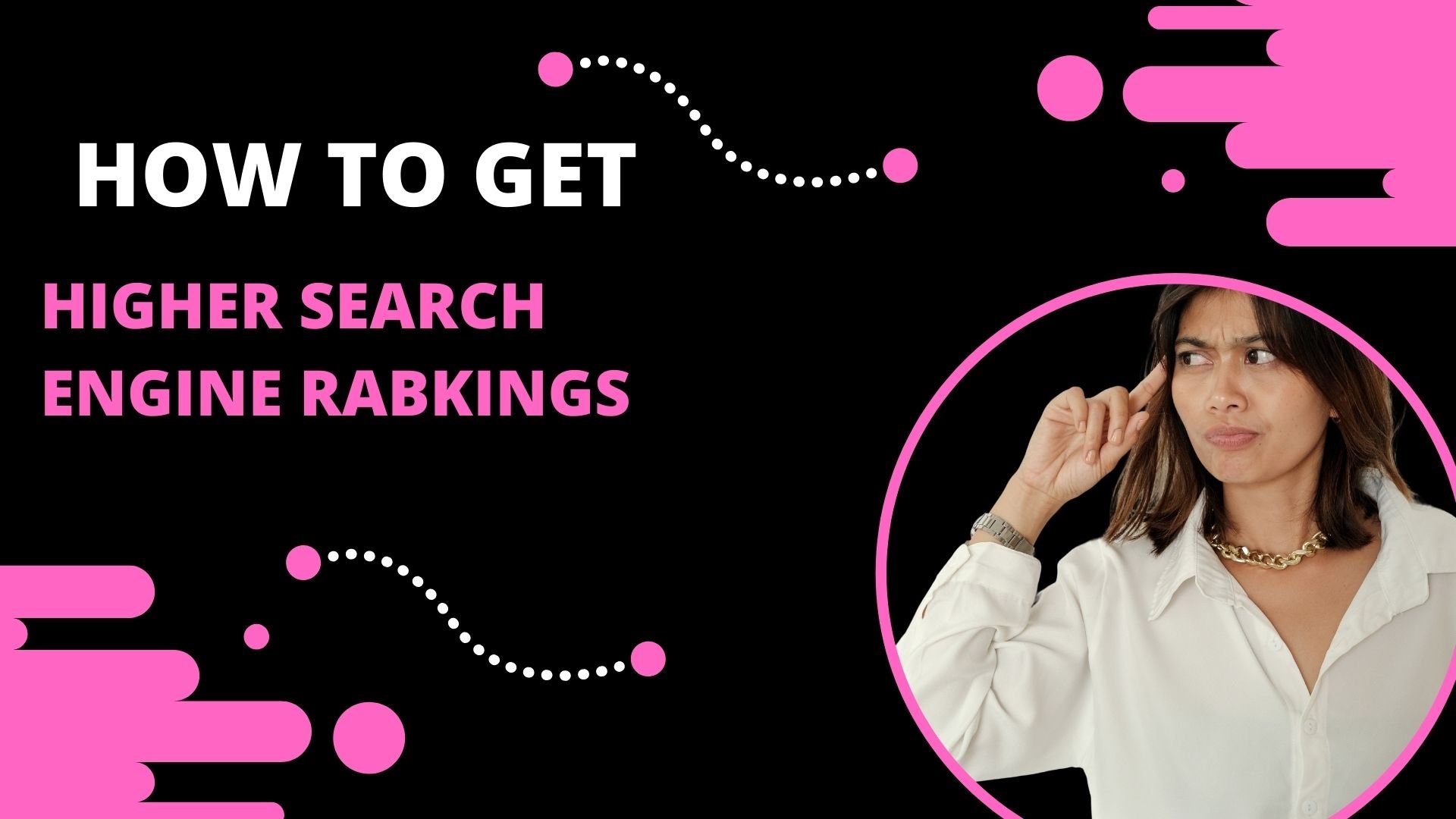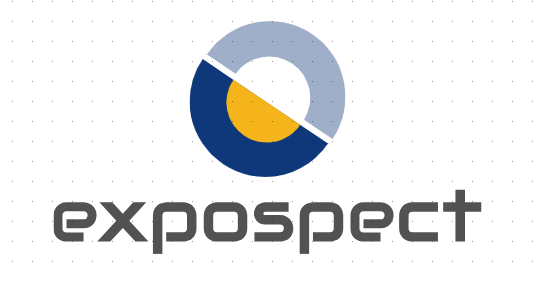What is Data Scraping: Benefits and Best Practices
New-generation businesses need data to survive and grow in the market. But the question is how do they source this data? The answer is data scraping! In this article, we will explore data scraping, its benefits, and the best practices for data extraction.

Data has become an important entity for new-age businesses. Regardless of your business’s sector, you need data to drive growth and achieve success.
However, to consistently progress on the path to success, data must be used correctly — continuously analyzed, interpreted, and applied practically to make informed decisions, identify market demands, and enhance customer experiences.
But the question is, how do we get this data?
The answer is Data Scraping!
In this article, we will explore data scraping, its benefits, and the best practices for data extraction.
What is Data Scraping?
Data scraping, or web scraping, is extracting publicly available data from online sources, including text, videos, images, and links, by establishing an HTTP connection between the website server and the receiver.
A simple example of data scraping is when we manually copy a piece of data from a website and paste it into a suitable storage location. This process is a basic form of scraping but on a much smaller scale compared to automated web scraping.
However, by using a web scraping API, you can perform this task on a large scale. These APIs are designed with a robust infrastructure that rotates IPs from a proxy cluster and manages headers on the backend, returning the data to the requester. The proxy cluster can handle large volumes of requests, enabling bulk scraping through the web scraping API.
Benefits of Data Scraping
Here are some benefits data scraping offers for the growth of your businesses:
SEO
Google Search Scraping plays a crucial role in the growth of the SEO industry, which is projected to reach a market size of $90 billion by the end of 2024.
Without effective SEO strategies, maintaining good visibility on the internet is challenging. Web scraping helps track your website’s rankings on search engines for specific keywords. SEO then optimizes or maintains these rankings to ensure better online visibility.
Training AI Models
OpenAI’s ChatGPT has been a remarkable achievement for the tech industry. Tasks that used to take 10 days of work can now be accomplished in an hour or even a minute with this AI language model.
They leveraged the power of data scraping to collect a large amount of data for training their models. GPTBot, a powerful web scraper designed to extract relevant content from websites, played a crucial role in training OpenAI’s AI models, including ChatGPT and DALL-E.
Similarly, ChatGPT is just one example; many popular AI models have been trained using data extracted through web scraping. This technique has been instrumental in gathering diverse datasets necessary for training and improving various AI systems.
Price Tracking
Price Tracking or monitoring is the process of tracking prices of products across various platforms and competitors. This strategy is employed by businesses to remain competitive in the market by extracting pricing information from competitors and adjusting their product pricing in response to market sentiment.
It is also beneficial for customers, as it allows them to identify the best deals and save money on future purchases. Additionally, it helps customers predict future market trends and decide the optimal time to make their purchases.
Data Enrichment
In this fast-paced world, data can become outdated quickly. Some data points may become irrelevant or incomplete within just a few minutes. This inconsistency can be addressed by regularly enriching the data to ensure it remains current and accurate.
Data scraping can obtain fresh data from the internet and enrich old datasets with new insights. By integrating updated information into existing datasets, businesses can better predict future market trends and drive growth, creating a reliable foundation for informed decision-making.
Best Practises For Data Scraping
Here are some of the best practices while scraping data from the web:
Rate Limiting
Implementing rate limiting while scraping data from a website is a good practice. It helps avoid overloading the target website’s server and ensures a smooth experience for both the website’s users and the scraper.
Waiting a few seconds between requests not only helps prevent your IP from being blocked but also ensures that the website’s server can handle the incoming traffic without performance degradation.
Use API If Available
Many websites offer API access for data extraction, which is generally more reliable than web scraping. APIs provide easier access to data and require fewer resources compared to creating a dedicated infrastructure, which includes managing proxies, headers, and parsers.
Randomize Requests
Instead of scraping at consistent time intervals, randomize the time between each request or alter the request parameters, and use rotating IP addresses to minimize the risk of detection and blocking.
Uniformity between requests can make your scraper more susceptible to anti-bot mechanisms on the target website. Randomizing request intervals and parameters is an effective technique to avoid detection and reduce the likelihood of being blocked.
Headers Rotation
IP addresses and headers are crucial for mimicking human behavior while scraping the web. Simply rotating IPs is not sufficient; using appropriate headers is essential to avoid detection and blocking by anti-bot mechanisms.
Moreover, it is also important to rotate headers on each request for randomization.
However, there are also some legal considerations involved while scraping the website. Let’s discuss them also:
Respect Website Terms Of Service
It is important to check if the website’s terms of service allow data scraping. If the terms prohibit scraping, it is best to avoid extracting data from that website to prevent any legal implications.
Read the Robots.txt File
The `robots.txt` file often specifies which parts of a website can be accessed by web crawlers and scrapers. It is always advisable to read the `robots.txt` file before proceeding with any scraping tasks to ensure compliance with the website’s guidelines.
Don’t Commercialize the Copyright Information
Scraping copyright information and using it for commercial purposes can lead to copyright notices from the legal owner of the content. It is crucial to ensure that you do not use any copyrighted material in a manner that infringes on the rights of the content owner.
Conclusion
Data will always be in demand, driving the need for data scraping. The exponential growth of the data scraping industry will continue to support new-age companies in revolutionizing the tech industry.
In this article, we explored data scraping, its benefits, and best practices.
Thanks for reading!
What's Your Reaction?



































